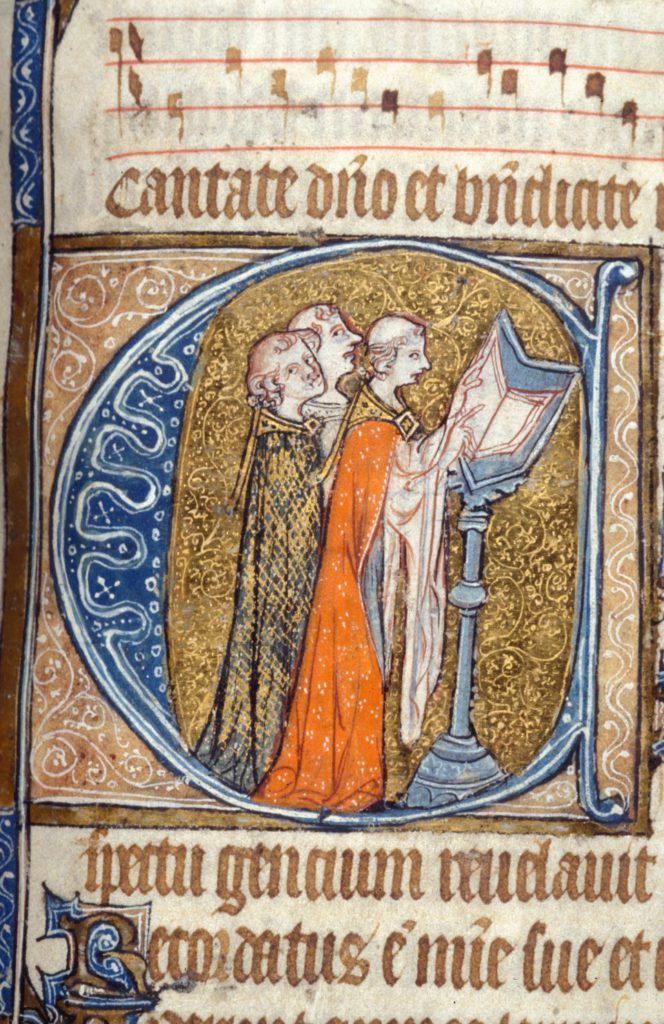Celebrating the rich tradition of sacred music, St. Thomas’ Church embraces the timeless guidance provided by Pope St. Pius X in ‘Tra le sollecitudini: Instruction on Sacred Music.’ Rooted in reverence and devotion, our approach to liturgical music reflects a deep respect for the sanctity of worship.
At St. Thomas’, we prioritize vocal music as the heart of our musical expression, with the organ serving as a supportive companion to enhance the choir’s melodies. This harmonious balance ensures that the focus remains steadfastly on the sacred texts and the communal prayer they inspire.
Following the directives set forth by Pope St. Pius X, we abstain from the use of instruments such as drums, cymbals within our sacred space. Simple Piano music solely to accompany singing is allowed. This decision is guided by a commitment to uphold the solemnity and dignity befitting the house of God.
While recognizing the potential for additional instrumentation in certain circumstances, such as processions, any deviation from tradition is approached with utmost reverence and respect. Our adherence to these principles ensures that every musical element within St. Thomas’ Church contributes to a worshipful atmosphere conducive to prayer and contemplation.
Join us in experiencing the transformative power of sacred music as we come together in praise and reverence at St. Thomas’ Church.
Reference:
Tra Le Sollecitudini: Instruction on Sacred Music By Pope Pius X
VI. Organ and instruments
15. Although the music proper to the Church is purely vocal music, music with the accompaniment of the organ is also permitted. In some special cases, within due limits and with proper safeguards, other instruments may be allowed, but never without the special permission of the Ordinary, according to prescriptions of the Caeremoniale Episcoporum.
16. As the singing should always have the principal place, the organ or other instruments should merely sustain and never oppress it.
17. It is not permitted to have the chant preceded by long preludes or to interrupt it with intermezzo pieces.
18. The sound of the organ as an accompaniment to the chant in preludes, interludes, and the like must be not only governed by the special nature of the instrument, but must participate in all the qualities proper to sacred music as above enumerated.
19. The employment of the piano is forbidden in church, as is also that of noisy or frivolous instruments such as drums, cymbals, bells and the like.
20. It is strictly forbidden to have bands play in church, and only in special cases with the consent of the Ordinary will it be permissible to admit wind instruments, limited in number, judiciously used, and proportioned to the size of the placeprovided the composition and accompaniment be written in grave and suitable style, and conform in all respects to that proper to the organ.
21. In processions outside the church the Ordinary may give permission for a band, provided no profane pieces be executed. It would be desirable in such cases that the band confine itself to accompanying some spiritual canticle sung in Latin or in the vernacular by the singers and the pious associations which take part in the procession.

